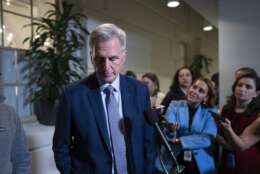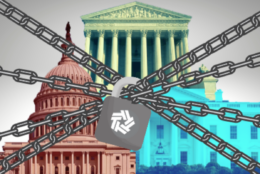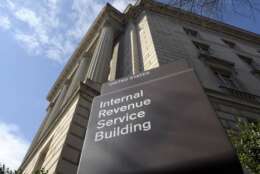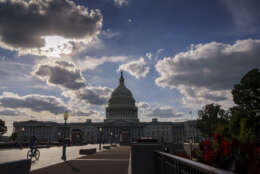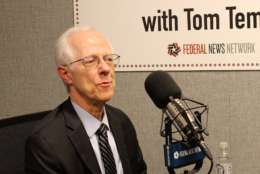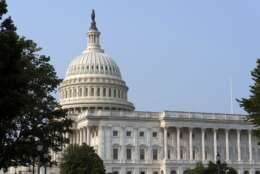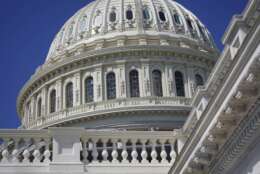Government Shutdown
-
As we consider the potential impact of a government shutdown on our veterans, it is imperative that we prioritize bipartisan solutions to prevent such disruptions.
September 25, 2023 -
Allies of Speaker Kevin McCarthy are working furiously to shore up support for the latest Republican plan to prevent a government shutdown.
September 23, 2023 -
The Department of Veterans Affairs is preparing for a potential government shutdown — drawing up a list of which VA employees would be furloughed during a lapse in appropriations, and which employees would remain on the job.
September 22, 2023 -
Federal News Network is answering both common and specific questions on the impacts of a partial government shutdown on pay, benefits, retirement and more.
September 22, 2023 -
There are lots of reasons why its bad when politicians fail to appropriate money to keep the government going at the end of a fiscal year. This year's shutdown brinksmanship is sharper than ever. So what's so bad if the government shuts down for a few days or a month? Federal Drive Host Tom Temin talked about a list of reasons with Vice President of Research for the Peter G. Peterson Foundation, Jeff Holland.
September 22, 2023 -
Federal News Network has collected documents and articles from the White House, the Government Accountability Office and the private sector to help federal employees plan for a government shutdown.
September 22, 2023 -
With the collapse of House Speaker Kevin McCarthy’s latest plan to avert a federal shutdown, lawmakers have left town with no endgame in sight.
September 21, 2023 -
Shutdown countdown on your mind? Tired of congressional vilification? You might be thinking of how great a private sector job would be. Think twice. Many civilian public servants and military people do have great post-government careers. But the private sector offers no guarantees either, and a government or military career may not necessarily have prepared you for work outside of government.
September 21, 2023 -
The National Treasury Employees Union says the IRS will “partially close” if Congress triggers a lapse in appropriations.
September 21, 2023 -
During the last government shutdown in 2018 and 2019, roughly 800,000 of the 2.1 million civilian federal employees at the time were furloughed.
September 20, 2023 -
In today's Federal Newscast: Two congressmen are raising concerns about child care for essential workers during a government shutdown. D.C. Delegate Eleanor Holmes Norton has introduced a bill to keep the D.C. court system open during a government shutdown. And a conference committee prepares to hammer out differences over the annual defense authorization bill.
September 20, 2023 -
With continuing resolution discussions seeming to nowhere, the chances of a government shutdown are rising. Contractors and federal employees will feel it first. For more, Federal Drive Host Tom Temin spoke with David Berteau, President & CEO of the Professional Services Council, who has developed a contractor checklist that might help you.
September 19, 2023 -
With government shutdown on everyone's mind, the Senate this week is trying to fashion a package of three bills. This as the House seems to be at war with itself. Well, one of the party's, at least. For a Capitol Hill update, Federal Drive Host Tom Temin spoke with Loren Duggan, Bloomberg Government Deputy News Director.
September 18, 2023 -
The IRS is planning to remain "fully operational," if Congress triggers a government shutdown at the end of this month.
September 13, 2023 -
In today's Federal Newscast: The alarm bells are ringing almost everywhere about the negative impacts of a government shutdown. The Labor Department's spending on new technology has skyrocketed in recent years. And the Cybersecurity and Infrastructure Security Agency is leaning into efforts to secure widely used software code.
September 13, 2023


